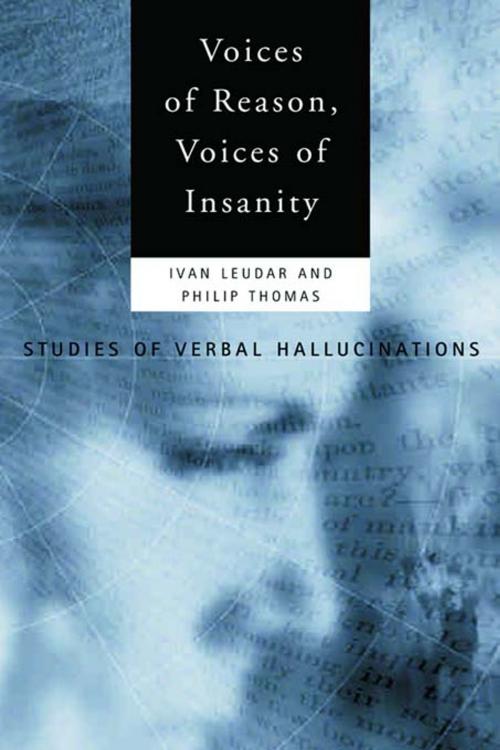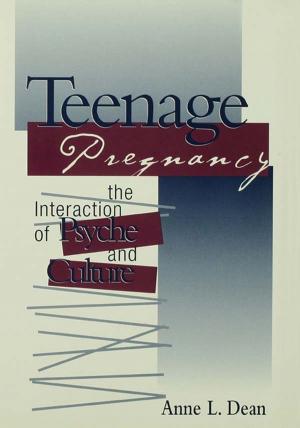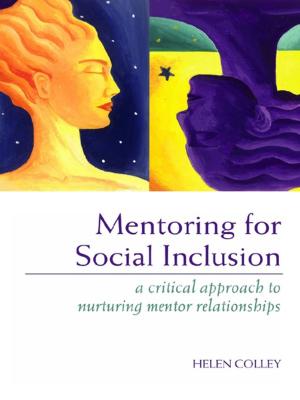Voices of Reason, Voices of Insanity
Studies of Verbal Hallucinations
Nonfiction, Health & Well Being, Psychology, Mental Health| Author: | Ivan Leudar, Philip Thomas | ISBN: | 9781134754281 |
| Publisher: | Taylor and Francis | Publication: | August 19, 2005 |
| Imprint: | Routledge | Language: | English |
| Author: | Ivan Leudar, Philip Thomas |
| ISBN: | 9781134754281 |
| Publisher: | Taylor and Francis |
| Publication: | August 19, 2005 |
| Imprint: | Routledge |
| Language: | English |
Records of people experiencing verbal hallucinations or 'hearing voices' can be found throughout history. Voices of Reason, Voices of Insanity examines almost 2,800 years of these reports including Socrates, Schreber and Pierre Janet's "Marcelle", to provide a clear understanding of the experience and how it may have changed over the millenia. Through six cases of historical and contemporary voice hearers, Leudar and Thomas demonstrate how the experience has metamorphosed from being a sign of virtue to a sign of insanity, signalling such illnesses as schizophrenia or dissociation.
They argue that the experience is interpreted by the voice hearer according to social categories conveyed through language, and is therefore best studied as a matter of language use. Controversially, they conclude that 'hearing voices' is an ordinary human experience which is unfortunately either mystified or pathologised.
Voices of Reason, Voices of Insanity offers a fresh perspective on this enigmatic experience and will be of interest to students, researchers and clinicians alike.
Records of people experiencing verbal hallucinations or 'hearing voices' can be found throughout history. Voices of Reason, Voices of Insanity examines almost 2,800 years of these reports including Socrates, Schreber and Pierre Janet's "Marcelle", to provide a clear understanding of the experience and how it may have changed over the millenia. Through six cases of historical and contemporary voice hearers, Leudar and Thomas demonstrate how the experience has metamorphosed from being a sign of virtue to a sign of insanity, signalling such illnesses as schizophrenia or dissociation.
They argue that the experience is interpreted by the voice hearer according to social categories conveyed through language, and is therefore best studied as a matter of language use. Controversially, they conclude that 'hearing voices' is an ordinary human experience which is unfortunately either mystified or pathologised.
Voices of Reason, Voices of Insanity offers a fresh perspective on this enigmatic experience and will be of interest to students, researchers and clinicians alike.















